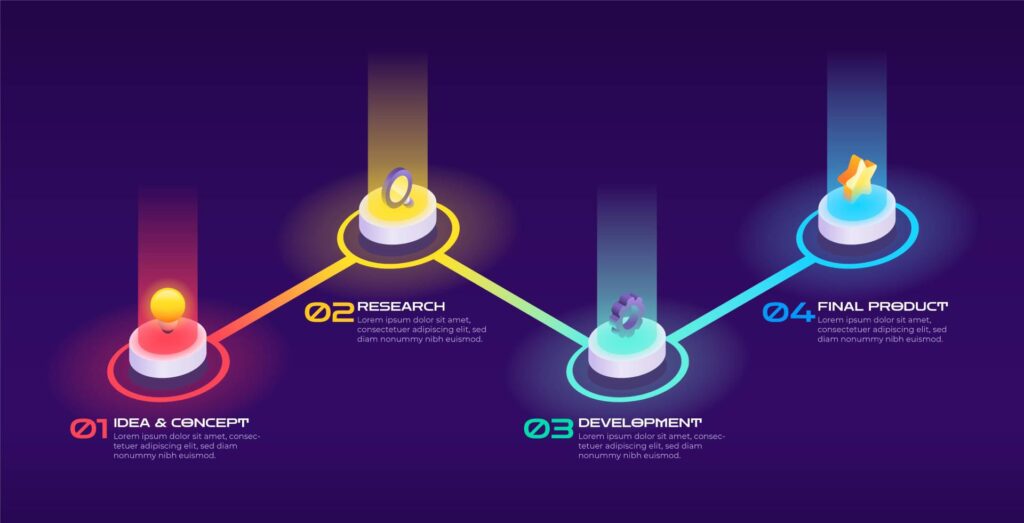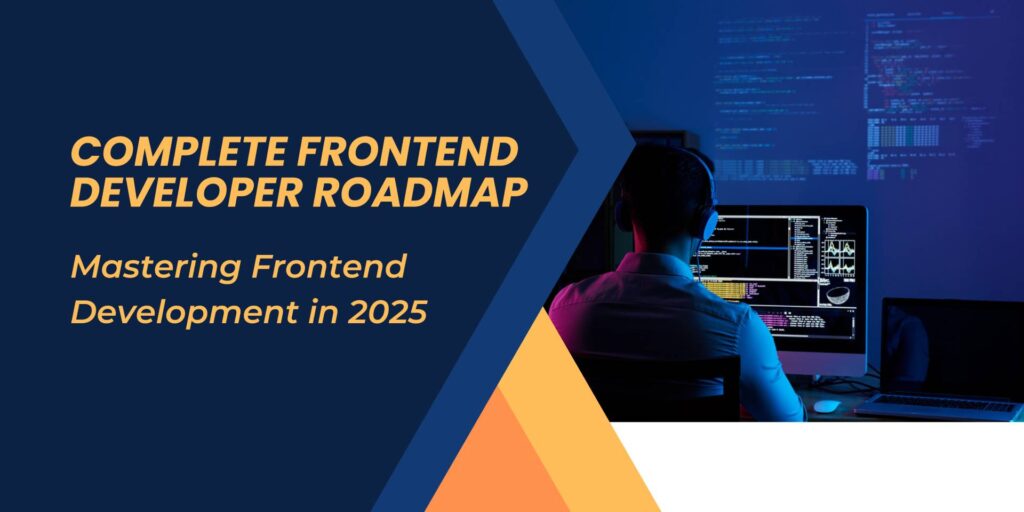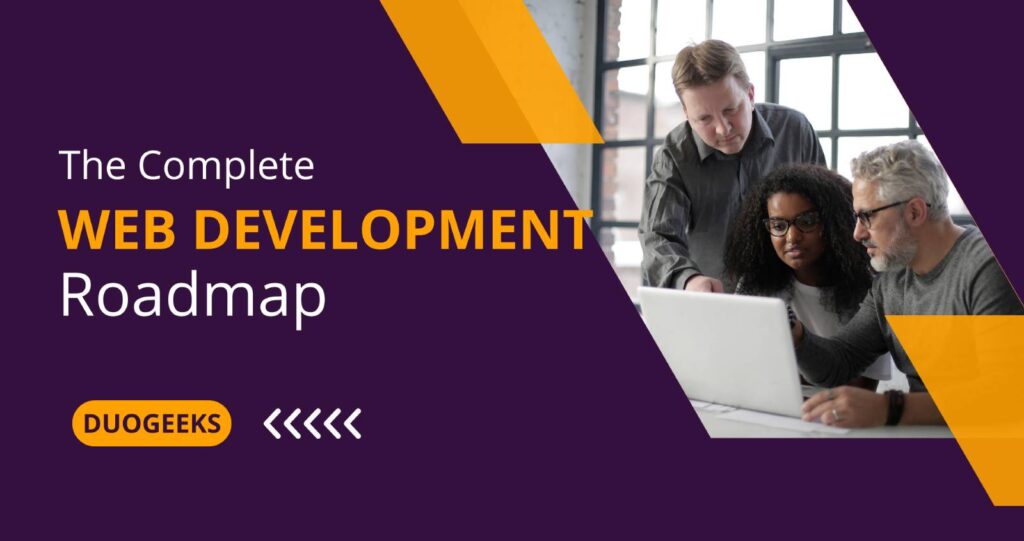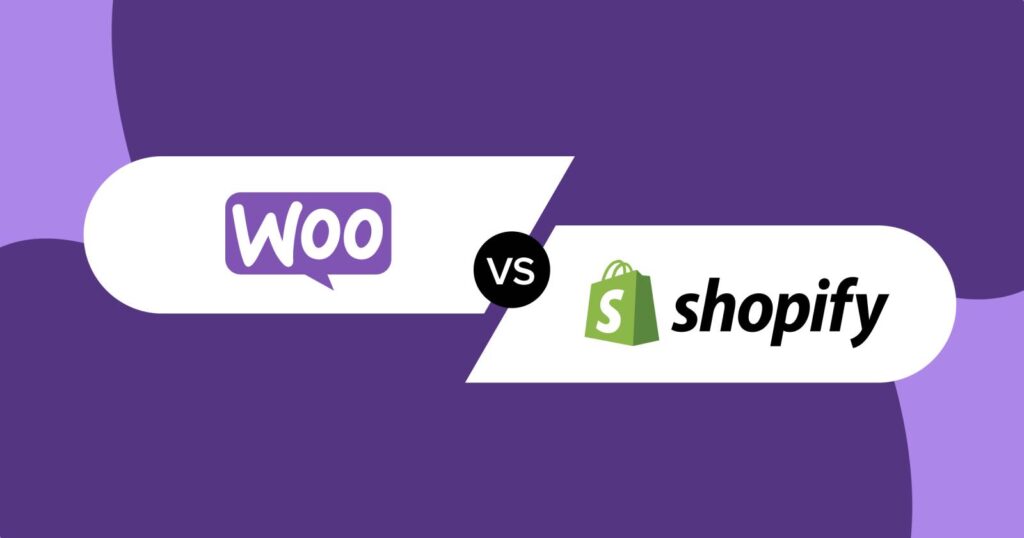Web development has evolved significantly over the years, transforming into a dynamic and lucrative field. In this guide, we will explore a comprehensive roadmap to help aspiring developers navigate their way from beginners to profitable professionals. Whether you aim to succeed as a freelancer, secure a stable job, or generate income through other means, this guide is tailored to set you on the right path.
With a structured approach, determination, and the right tools, you can master the skills necessary to thrive in web development and achieve your career goals in the modern digital era. Let’s dive into the steps to becoming a successful web developer.
Understanding Web Development
Many companies are creating accessible websites and making essential changes to their servers. The average salary of a software developer in India ranges from 10 to 12 lakhs per annum. Web development is not just about creating websites; it involves understanding how the internet works. Every website operates on HTML and JavaScript, with JavaScript acting as the brain of the client side, controlling actions like button clicks and hover states.
The Importance of Frontend and Backend Skills
Traditionally, web development was divided into two distinct domains: frontend and backend. Frontend development focused on creating visually appealing interfaces and ensuring a smooth user experience, while backend development concentrated on building the infrastructure, server-side logic, and database interactions that power applications. For a long time, developers specialized in one area, mastering either the art of user interfaces or the intricacies of server-side programming.
However, the web development landscape has evolved dramatically. In today’s fast-paced, interconnected world, the lines between frontend and backend are blurring. The demand for developers who can navigate both sides of the spectrum is growing. While specialization remains valuable, having a comprehensive understanding of both areas is no longer optional—it’s essential.
Web Development Growth
Web development is a rapidly growing sector, projected to grow by 15% in the next five years. It powers the entire internet, with over 1.09 billion websites existing today. According to Glassdoor, the average salary for frontend developers is around 6 lakhs per annum, while backend developers earn about 8 lakhs per annum. However, there are numerous opportunities to earn more as you specialize further.
Education and Skills
The question of whether a formal degree is essential for success in web development often sparks debate. While academic achievements can provide a competitive edge, they are not the sole determinant of success in today’s rapidly evolving tech industry.
In the world of web development, knowledge, skills, and practical experience often take precedence over formal qualifications. A degree may open doors and provide foundational knowledge, but the industry values the ability to solve problems, build functional solutions, and continuously adapt to new technologies.
Moreover, there are countless examples of professionals who have excelled without formal education in computer science. Self-taught developers, bootcamp graduates, and those who learn through online resources or hands-on experience often bring unique perspectives and skills to the table.
Ultimately, while a degree can serve as an advantage, it is not a prerequisite for a thriving career in web development. Continuous learning, a strong portfolio, and a passion for the field are often what truly set successful developers apart.
This perspective underscores the importance of prioritizing skill-building and staying updated with industry trends—qualities that are indispensable in the ever-changing landscape of web development.
Frontend Development
Frontend development is an exciting field that blends creativity with technical skill. If you’re just beginning your journey, here’s a structured roadmap to help you get started effectively.
1. Start with HTML
HTML forms the backbone of every web page, so it’s the natural starting point. Learn how to structure content, create headings, lists, links, and tables, and build simple layouts. Familiarity with HTML will set the foundation for all your future development work.
2. Learn CSS and Bootstrap
Once you’re comfortable with HTML, move on to CSS for styling. CSS allows you to control the visual presentation of your web pages, but it’s important to strike a balance. Instead of diving too deeply into complex CSS techniques at the beginning, leverage frameworks like Bootstrap. Bootstrap makes it easier to create responsive and visually appealing designs without spending excessive time on styling details.
3. Focus on JavaScript
With a good grasp of HTML and CSS, the next step is JavaScript. JavaScript brings interactivity to your web pages and is an essential skill for every frontend developer. Focus on understanding its core concepts:
- Variables and data types
- Functions
- DOM manipulation
- The asynchronous nature of JavaScript (callbacks, promises, and async/await)
- The event loop
Spend about one to one and a half months deeply studying JavaScript. Use online tutorials, documentation, and coding exercises to reinforce your learning.
4. Build Projects
Once you have a solid understanding of JavaScript, start building small projects to apply what you’ve learned. Create simple interactive elements like to-do lists, calculators, or basic web apps. This hands-on experience will solidify your skills and prepare you for more advanced topics like frontend frameworks.
Backend Development
Backend development is a critical component of web development, powering the logic and functionality that users interact with on the front end. For those just starting their journey into backend development, choosing the right tools and frameworks can make a significant difference. Express.js is an excellent choice for beginners, offering a lightweight and flexible framework to build web applications.
Why Start with Express.js?
Express.js is built on Node.js, enabling developers to create server-side applications using JavaScript. For beginners, its simplicity and clear documentation make it a great starting point. It provides the foundational understanding of how to integrate the backend with the frontend, work with APIs, and connect to databases.
Key Benefits of Learning Express.js
- Ease of Use: Express.js has a straightforward learning curve, allowing beginners to quickly grasp the basics of routing, middleware, and request handling.
- API Integration: It simplifies the process of working with RESTful APIs, a core skill for backend development.
- Database Connectivity: Express.js supports integration with databases like MongoDB and MySQL, helping developers learn how to manage and interact with data.
- Community and Resources: As a widely-used framework, Express.js has a vast community and extensive resources, making it easier to find help and tutorials.
Transitioning to Advanced Frameworks
Once you’ve gained confidence with Express.js, transitioning to more advanced frameworks like Next.js becomes easier. Next.js builds on your foundational knowledge, offering features such as server-side rendering (SSR), static site generation (SSG), and improved performance for larger applications.
Understanding Databases
Once you have a handle on backend development, it’s time to tackle databases. I suggest starting with MongoDB due to its JavaScript-like syntax, making it easier to use alongside your existing knowledge. Familiarize yourself with tools like MongoDB Compass for visualization and MongoDB Atlas for scalable cloud databases.
Advanced Tools and Deployment
As you progress, learning SQL along with MySQL and phpMyAdmin is beneficial. phpMyAdmin allows for visual query management without needing extensive PHP knowledge. Once you start building applications, you may want to explore deployment options. Digital Ocean’s App Platform is a great choice for deploying your applications seamlessly.
Learning TypeScript
After you’ve built several applications, consider learning TypeScript. It offers type safety, helping you catch bugs early in your application development process. This can significantly enhance the quality of your projects.
Design vs Development
It’s essential to understand that design and development are two distinct aspects. Design focuses on aesthetics, ensuring your website looks appealing, while development ensures functionality. Mastering both areas will make you a well-rounded web developer.
Continuous Practice
To become a successful web developer, consistent practice is crucial. The more you code, the better you will become. Engage in various projects, collaborate with others, and keep learning new technologies and tools.
FAQ
Do I need a degree to become a web developer?
No, while a degree can be beneficial, knowledge and skills are more important in the web development industry.
What programming languages should I learn first?
Start with HTML and CSS, then move on to JavaScript. After that, you can explore backend languages such as Node.js or frameworks like Express.js.
How long will it take to become a proficient web developer?
The time varies based on dedication and prior knowledge, but with consistent effort, you can become proficient in around 6 to 12 months.
What are some common job opportunities in web development?
Common roles include frontend developer, backend developer, full-stack developer, and web designer.
Is freelancing a good option for web developers?
Yes, freelancing can be a lucrative option for web developers, allowing for flexibility and the potential to earn well.




